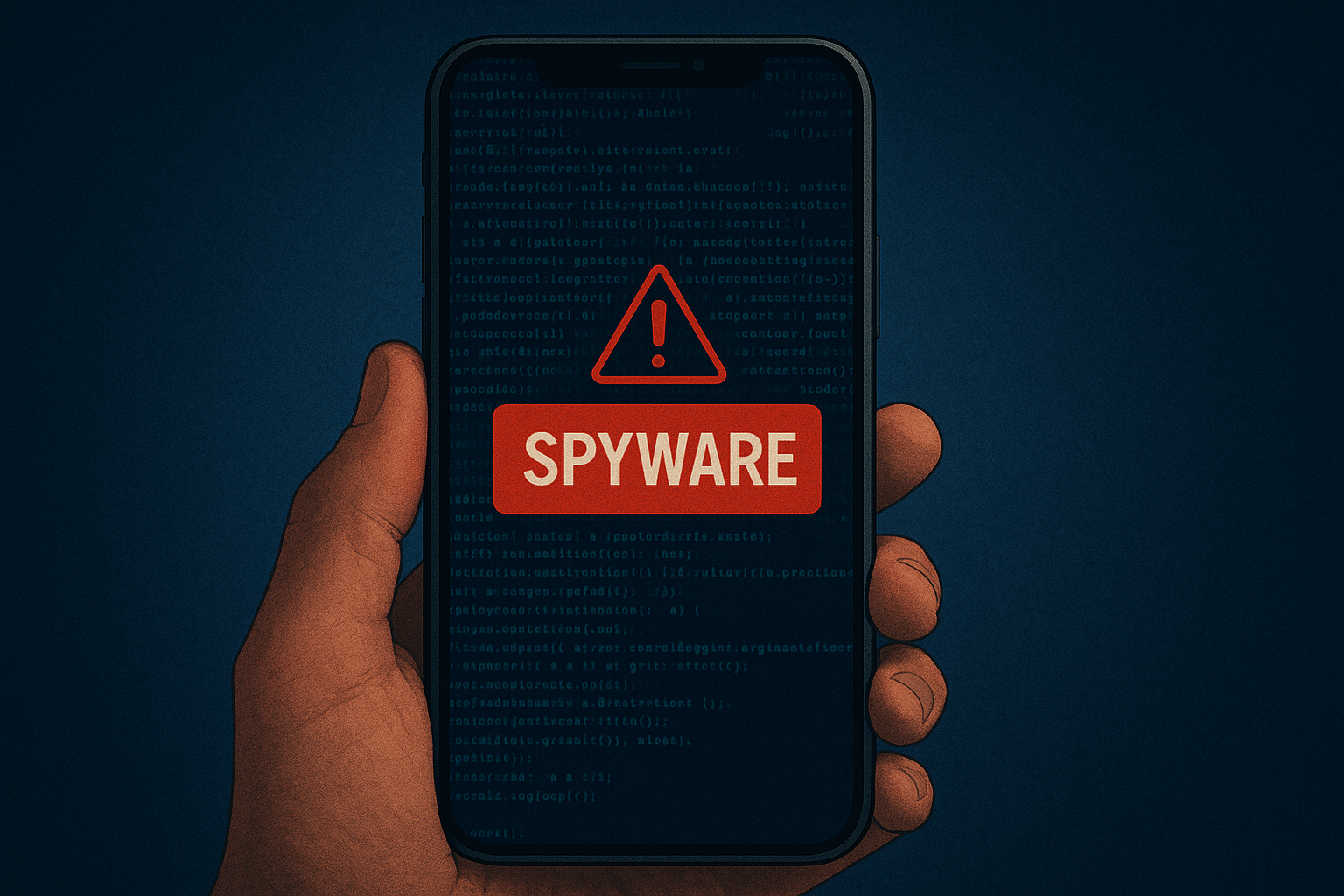
In April 2025, cybersecurity firm Push Security uncovered a sophisticated malvertising campaign targeting Onfido uses. Onfido, is a digital identity verification platform widely used in fintech, HR, and other regulated industries. This campaign leveraged Google Ads and the Evilginx phishing tool. Evilginx is a publicly available phishing solution used to deceive users into revealing sensitive credentials through phishing attacks.
The attackers purchased Google Ads that appeared above legitimate Onfido search results. These ads directed users to a counterfeit login page hosted on a deceptive domain: dashboard.onfido.us.com. While resembling a legitimate U.S. government domain, .us.com is a commercial domain, making it easier for malicious actors to exploit.
Once users clicked the ad, they were taken to a cloned Onfido login page. This page was generated using Evilginx, a man-in-the-middle phishing tool that proxies legitimate login pages to capture session tokens and credentials. Notably, the phishing page was configured to display correctly only when accessed via the malicious Google Ad. Direct visits to the domain resulted in a redirection to a 404 page on the legitimate Onfido site, a tactic designed to evade detection by security scanners.
This malvertisement phishing campaign demonstrates the increasing sophistication being used in phishing attacks. Specifically, hackers are seeking:
To mitigate such threats:
As cyber threats evolve, staying informed is very important. Organizations must proactively adopt early warning strategies to alert staff to emerging security threats. Subscribe to CyberHoot’s newsletters here to stay ahead of these threats.
Discover and share the latest cybersecurity trends, tips and best practices – alongside new threats to watch out for.

Cybercriminals always follow Internet eyeballs. Not literally, but figuratively. And today's eyeballs are...
Read more
Active Attacks on Messaging Apps The Cybersecurity and Infrastructure Security Agency (CISA) recently issued...
Read more
The world of work has changed enormously since COVID-19. Gone are the days when IT admins sat behind a corporate...
Read moreGet sharper eyes on human risks, with the positive approach that beats traditional phish testing.
